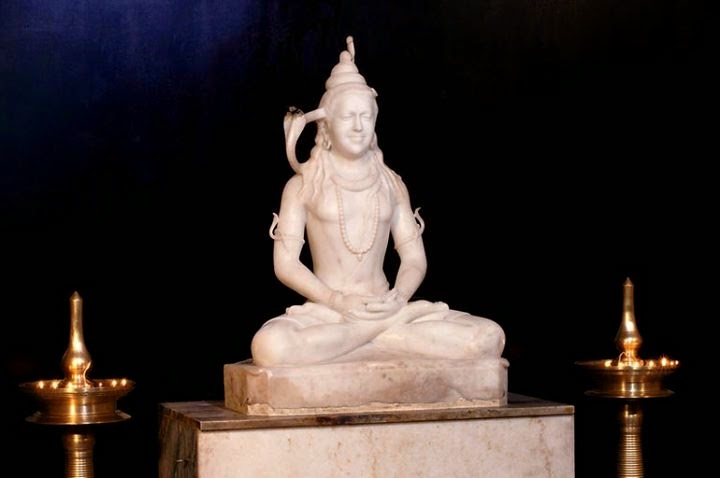Spiritual Import of Religious Festivals : Ch-2. Part-2.
Ch-2. Siva – The Mystic Night ( Sivaratri)
Part-2.
God does not renounce anything. Then, in that case what is renunciation in this context? It is the freedom from the consciousness of externality. This is called Vairagya. How can you abandon things? All things are there in front of you, like trees in a forest or stones in the jungle. There is nothing like abandonment of things, because they are internally related to you. Nobody can renounce anything, because everything in this world is connected to everything else.
Then what is Vairagya? Vairagya is not renunciation of any object; it is impossible. Everything clings to you. But the idea that things are outside you, makes you get attached to them. This false attachment is Raga, and its absence is Viraga. The condition of Vi-raga is Vairagya. As God has no consciousness of externality, because everything is embodied in Him, there cannot be a greater renunciate than God. And in as much as this Consciousness of God is the highest form of Wisdom, He is the repository of Jnana.
In our religious tradition, Lord Siva is represented as an aspect of God, the Almighty. He presents before us the ideal of supreme renunciation born of Divine Realisation – not born of frustration, not born of an escapist attitude, not born of defeatism, but born of an insight into the nature of things, a clear understanding of the nature of life and the wisdom of existence in its completeness. This is the source of Vairagya, or renunciation. You do not want anything, not because you cannot get things, but because you have realised the interconnectedness of things and the unity of all purpose in consciousness. All desires get hushed, sublimated and boiled down to the divine Being only when this realisation comes.
Swami Krishnananda
To be continued ...

.jpg)



Comments